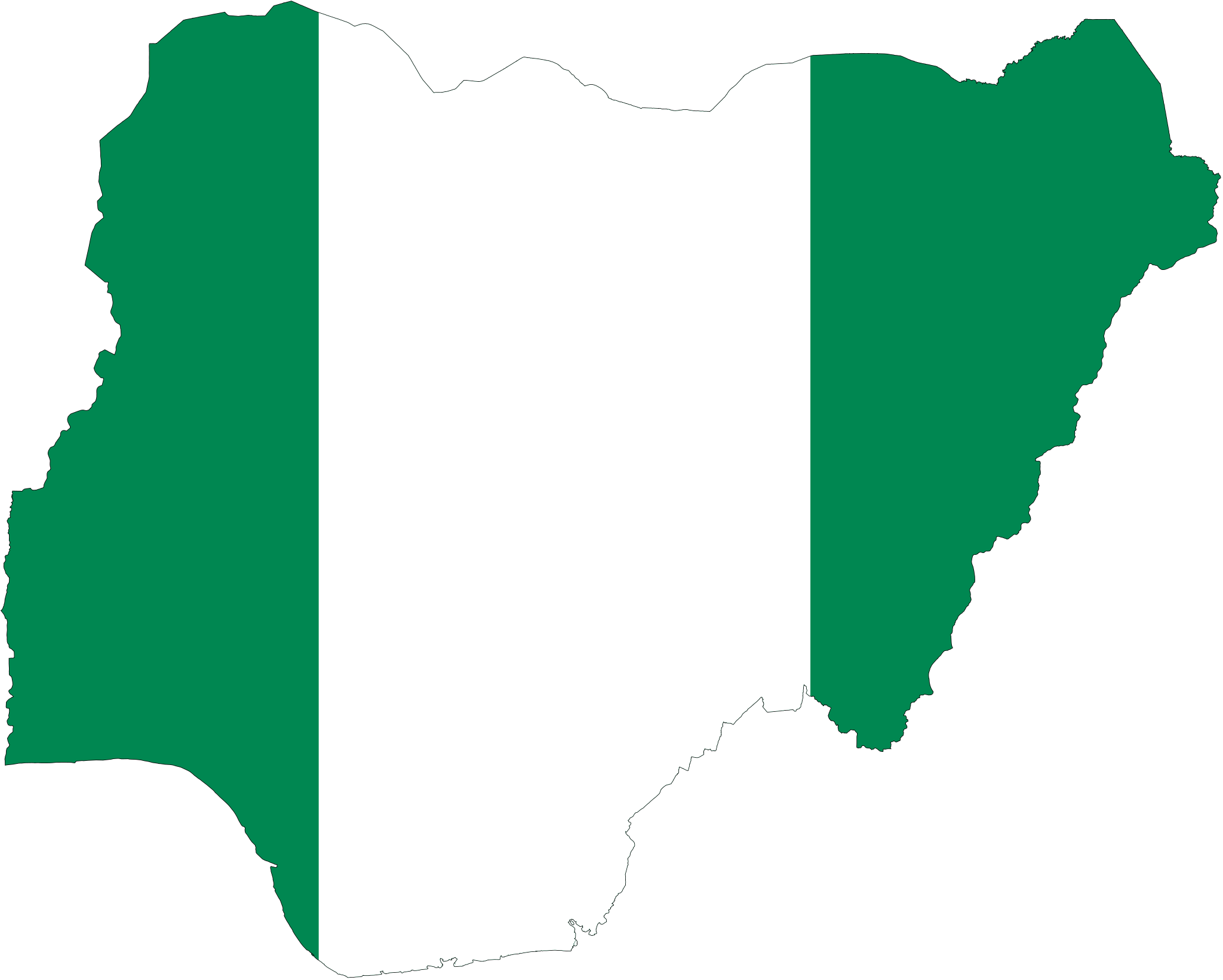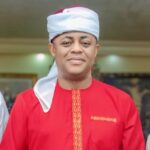History and diplomacy are often mixed in very curious ways. The just concluded AFCON football tournament in Ivory Coast, unearthed parts of Nigeria’s failings to honour her history and stay true to her past diplomatic accomplishments. Sibling and sporting rivalry between South Africa’s team Bafana Bafana and Nigeria’s Super Eagles showcased how emotive aspects of the football competition and inexplicable xenophobia made some South Africans to forget Nigeria’s role and what Nigerians did collectively for them, in ending apartheid.
Every Nigerian civil servant was made by the Obasanjo regime to mandatorily donate a percentage of their monthly salary to the Southern African Trust Fund. And Nigerians did willingly; even those in the private sector. The fund supported the ANC, SWAPO and PAC in their liberation struggle against the obnoxious apartheid regime in South Africa. It was a mission founded on love and obligation.
There was a history and more. Let the history unfold here for the record and posterity. South Africa having scrubbed its nuclear power programme, under international pressure, today owes its self-sufficiency in water, energy and electric power generation partly to Nigeria.
When South Africa was forced to end its nuclear power programme in the early 80s, its electric generation supply capacity dropped drastically. So too, did its water supply. South Africa was under various globally imposed sanctions. It could not import oil and gas internationally, except through smuggling. It could not sell her diamonds to earn foreign exchange. Surrounded by the anti-apartheid Frontline States and at war with Angola and Namibia, long after the May 1978 South African Defence Forces (SADF) attack of SWAPO cadre in Angola’s Cassinga province, South Africa had nowhere to turn. So, it turned to landlocked Lesotho, which was blessed with abundant natural mountain waters that South Africa needed so badly.
- Bandits seize 2 loaded trucks with smuggled goods – Customs
- Hardship: Northern youths seek relief in Middle East, North Africab
It was paradoxical that South Africa would turn to Lesotho – an African Union and United Nations member state in good standing – to meet her water and electricity needs. But that was not possible due to global sanctions; and Nigeria was the Chair of the UN Special Committee Against Apartheid. Bilateral agreements between Pretoria and Maseru meant that any benefits from such bilateral arrangements accruing to Lesotho, could also dovetail to apartheid South Africa. With the sanction regimes in place and biting, that was not considered even plausible.
In the early 1980s, Lesotho had decided to explore the Highlands Waters and build a project that would make it self-sufficient in electricity, water and also boost its tourism capacity, while making her a net exporter of electricity. But there was a problem: funding. Lesotho could not take loans from South Africa and no nation would fund such a project for fear of expanded sanctions. The African Development Bank would not touch it; and when the World Bank decided to explore funding the project, it encountered trenchant opposition and Lesotho’s application stalled.
Lesotho wanted to build the Katse Dam across the Maloti Mountains around the riparian stretch of the Senqu River, which melds into the South Africa’s Orange River. The envisaged project, which was to enhance the transfer of water and electricity from Lesotho to South Africa consisted of an array of dams for hydroelectricity generation plants, man-made lakes that served as reservoirs, and huge intermountain tunnels, that would channel water to South Africa. Huge lakes created by the projects would serve as tourists’ resorts.
The World Bank and the European Commission Union agreed to assist Lesotho to fund the project, with a caveat. But the funding ran into a snag. Countries that had supported UN and EU sanctions against South Africa could not possibly do an about face and support the project that would vicariously assist South Africa.
Protestations trailed the project plan and its funding. Everyone concerned was sympathetic to the needs of Lesotho and her non-contiguous neighbours, but not those of South Africa. The project, which would span a decade to complete, needed to start first. Ordinarily, the project would grant South Africa vast sustainable and clean energy electricity and the much-needed water; while for Lesotho, it would guarantee high income earnings from water and electricity as well as employment opportunities and community reinvestment initiatives (CRI) for the host communities.
Vigorous anti-apartheid and diplomatic opposition from SADC, the AU and the UN shut down the funding of the project, pushing the start date to the mid-1980s. Lesotho, which had provided its counterpart funding, was badly stuck. There were other concerns. Although Lesotho vouchsafed that it was not the case, doubts persisted as to whether or not her bilateral agreement with South Africa had been signed under duress. This was so because South Africa had routinely interfered in the domestic affairs of Lesotho. South Africa had even engineered raids into the small landlocked country in the pretext of pursuing ANC militants.
Such intermittent raids were common knowledge within the UN diplomatic circles. Indeed, on 30 December 1985, the UN Security Council had unanimously condemned the South African government for participating in the raid in Lesotho. Two days later, the South Africans stunned the international community on New Year Day 1986, by imposing a border blockade on Lesotho, resulting in drastic shortages of food, medical supplies and other essential items.
With the unfolding challenges and irritants in her relations with South Africa, Lesotho had nowhere to turn, but to the UN. The matter finally rested on the desk of the Nigerian Chairman of the UN Special Committee Against Apartheid, General Joe Garba. Lesotho’s small diplomatic mission at the UN was tenacious. Her UN representative and Chargés d’affaires ad interim Mr Thabo B. Moeketsi was fervently pertinacious. They lobbied every delegation to assist, stressing that the Highlands Water Project was Lesotho’s national lifeline, but never for once pretending or discounting its prospective benefits to an apartheid free South Africa.
Ultimately, the tasks of giving the World Bank the waiver to fund the project fell on the Nigerians. It was a tough call. That argument gained traction after King Mosheshe II of Lesotho personally asked his longtime friend Joe Garba to support such a visit and indeed, if possible, to lead it personally.
In undertaking that task, Joe Garba was of the opinion that the project must be viewed in the long-term and its value to a South Africa free of apartheid should be taken into account. The political survival of Lesotho was also another influencing factor.
So, Nigeria’s Joe Garba went off to Southern Africa to consult and also to visit Lesotho. Throughout the one-week tour, he met King Mosheshe II, military leaders of Lesotho, Ministers of the Frontlines States and Gen. Bantu Holomisa of the Transkei Homeland.
Here is the upshot. The next time young impressionable South Africans rally to chase Nigerians away from their country yelling, “Go back to Your Generator Country,” South African elders should do well to tell them to go and read history. There are also two parallel historical lessons for them; Uganda and Zimbabwe respectively chased the Asians and Boers away after independence and out of national pride and paid a huge price for it. Angola, Mozambique and Namibia did not make the same mistake and are prospering. As the African proverb says; “You don’t bite the fingers that feed you.” Perhaps, it’s the fingers that fed you. Either way, it is a lesson learned.
Obaze wrote from Awka, Anambra State

 Join Daily Trust WhatsApp Community For Quick Access To News and Happenings Around You.
Join Daily Trust WhatsApp Community For Quick Access To News and Happenings Around You.


